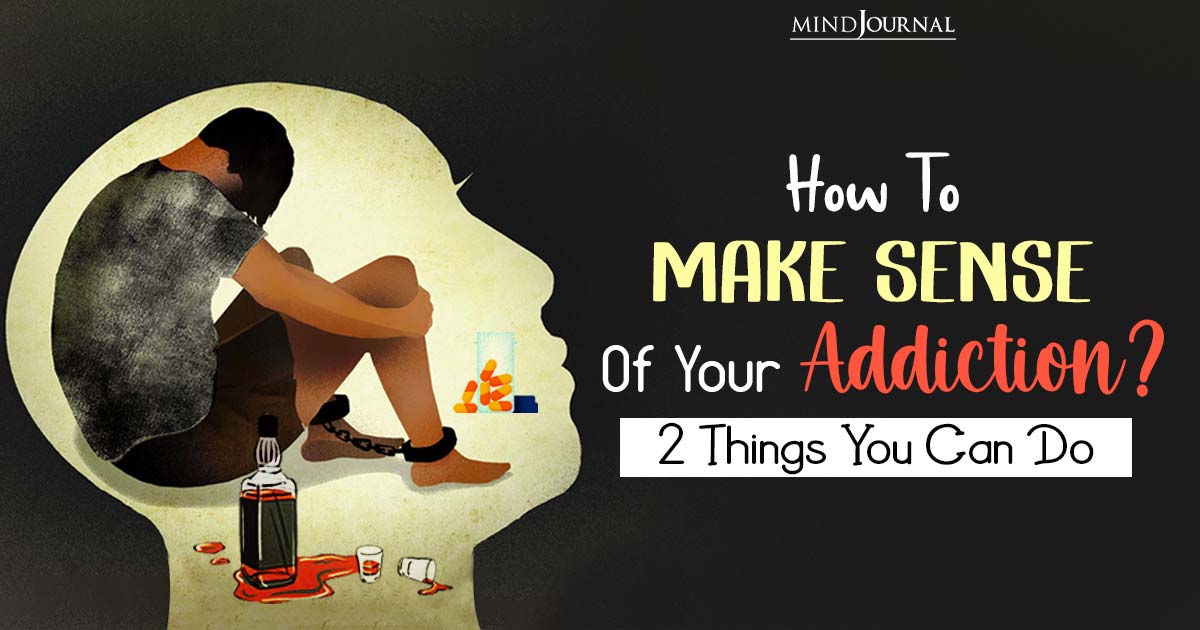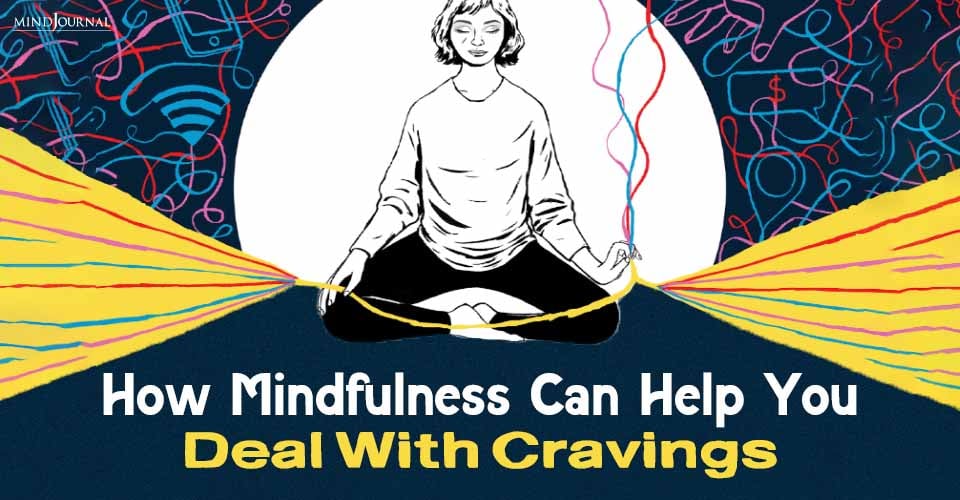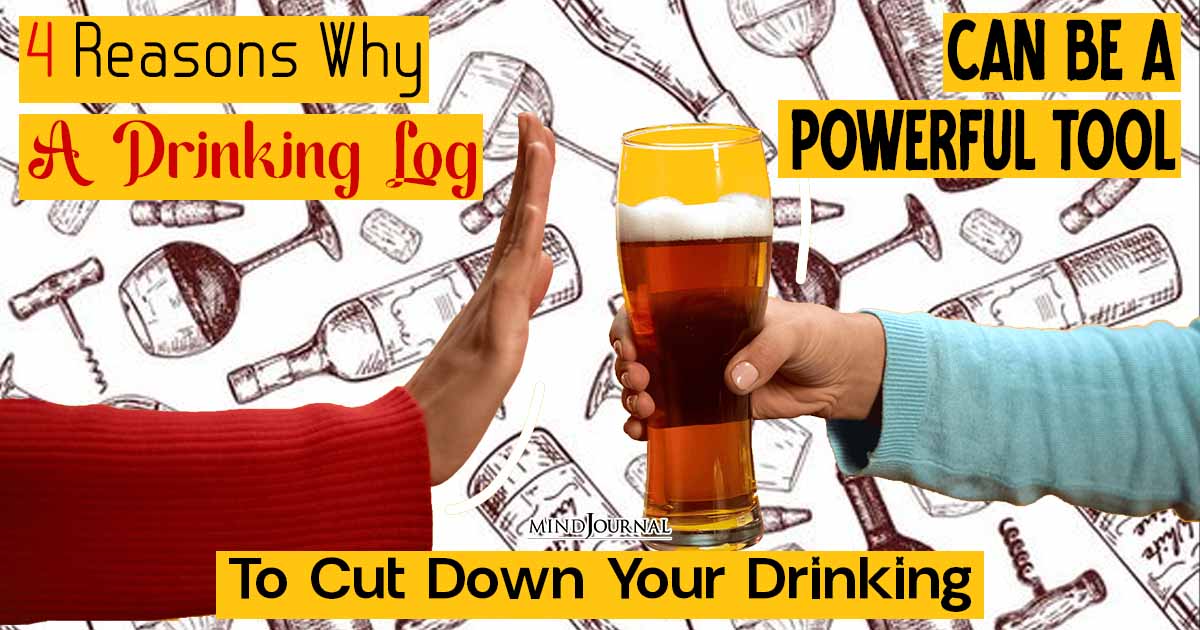Making sense of addiction is probably one of the most helpful ways to beat substance use and abuse. But how can you achieve that goal? How to make sense of your addiction?
Key Points
- Substance use is a behavior that serves a purpose, or at least initially did.
- Substance use only becomes a problem when its harm increases and its benefits are lowered.
- Making sense of one’s relationship with a substance is the first step to cultivating a different relationship with it.
Many people who come to me wanting to change their substance use behaviors carry a lot of shame and self-blame. They are told that there is something inherently wrong with them for developing a substance use problem.
If you have been haunted by the question, “What is wrong with me?” I feel your pain deeply. But what if I told you there is nothing wrong with you, and your desire for alcohol, cocaine, or whatever your substance of choice makes perfect sense?
Related: 4 Harmful Impacts Of Substance Abuse On Adolescent Mental Health
Substance Use Serves a Purpose
There are a few things that people often get wrong about addiction. People tend to believe that substance misuse is either a lack of self-control or an inherited disease. It’s neither. Substance use is a behavior that serves a purpose.
In fact, it often serves a purpose so well that at first, it makes other options seem inferior in comparison.
To help you get a sense of what I mean, I’d like to tell you about a girl who licks her paper cut. She was 4 when she got her first paper cut, and her grandma showed her how to lick the cut to lessen the pain.
“Your saliva will take the hurt away,” Grandma said. It worked, and to this day, in her 30s, she still puts her finger in her mouth every time she gets a paper cut.
The same girl, at 15, had her heart broken by a boy for the first time. That night, her best friend handed her a pack of beer and told her, “Drink this, and you will feel better.”
It worked, and that became the start of her decade-long love affair with alcohol. Alcohol had become her loyal lover, dissolving any unwanted feelings within minutes.
That girl is me, and it was only after I got into the study of human behavior did I see the similarity between licking my paper cut and drinking alcohol.
The two behaviors are both attempts to avoid pain, and the only difference is that licking my finger produced no long-term consequences over time, whereas drinking alcohol did.
Substance Use Started as a Logical Choice
Substance use only becomes a problem when its harm increases and its benefits are lowered. As the cost-benefit scale tilts more toward the cost, the behavior draws more and more attention.
When people around you start to refer to your substance use as a “problem,” they see only the second half of the story—where you make “illogical” choices to let substance rule your life despite all the harm it caused.
They don’t see that, at first, the substance use likely had provided substantial benefits with minimal negative consequences.
In the case of my 15-year-old self, I traded away the unbearable heartbreak for a minor headache the following day—it was a good deal. When the initial experience is rewarding, it’s natural to repeat the behavior.
Related: 20 Things People Realize When They Quit Drinking Alcohol
Sober Curiosity: Uncover Your Story
If you are curious about changing your relationship with alcohol, I created this free 30-Day toolkit to help you cut down on drinking.
The answer to how our love affair started lies in our earliest experiences with what has become our substance of choice. The crucial question is what you liked about it the first time.
In other words, what were the initial benefits of using the substance? It may be challenging to identify all the initial benefits with an untrained eye at first, but the benefits were there. Otherwise, you would not have been drawn back to it.
If you are curious about changing your relationship with alcohol, I created this free 30-Day toolkit to help you cut down on drinking.”(Link to the toolkit: https://youcanhealwellness.com/toolkit/) 
References:
Horvath, A. T. (2004). Sex, drugs, gambling, and chocolate: A workbook for overcoming addictions. Impact.
Written By Jeanette Hu AMFT Originally Appeared On Psychology Today










Leave a Reply